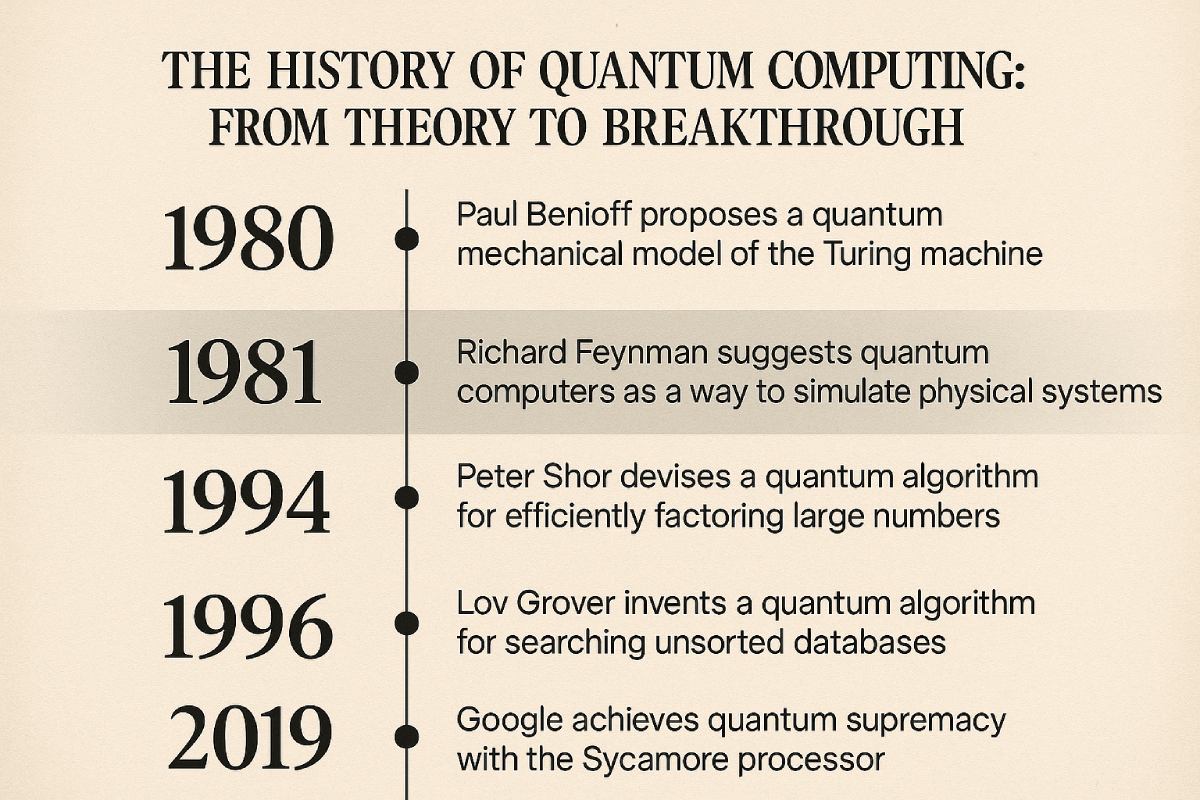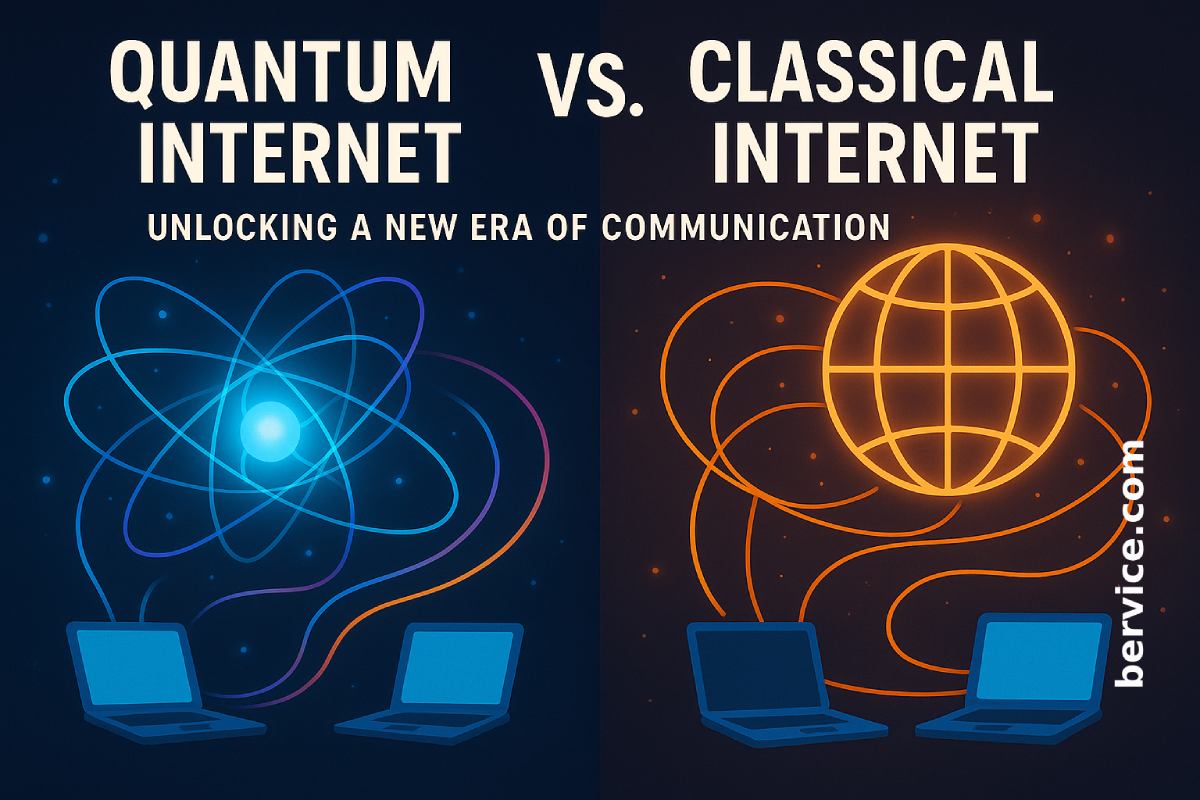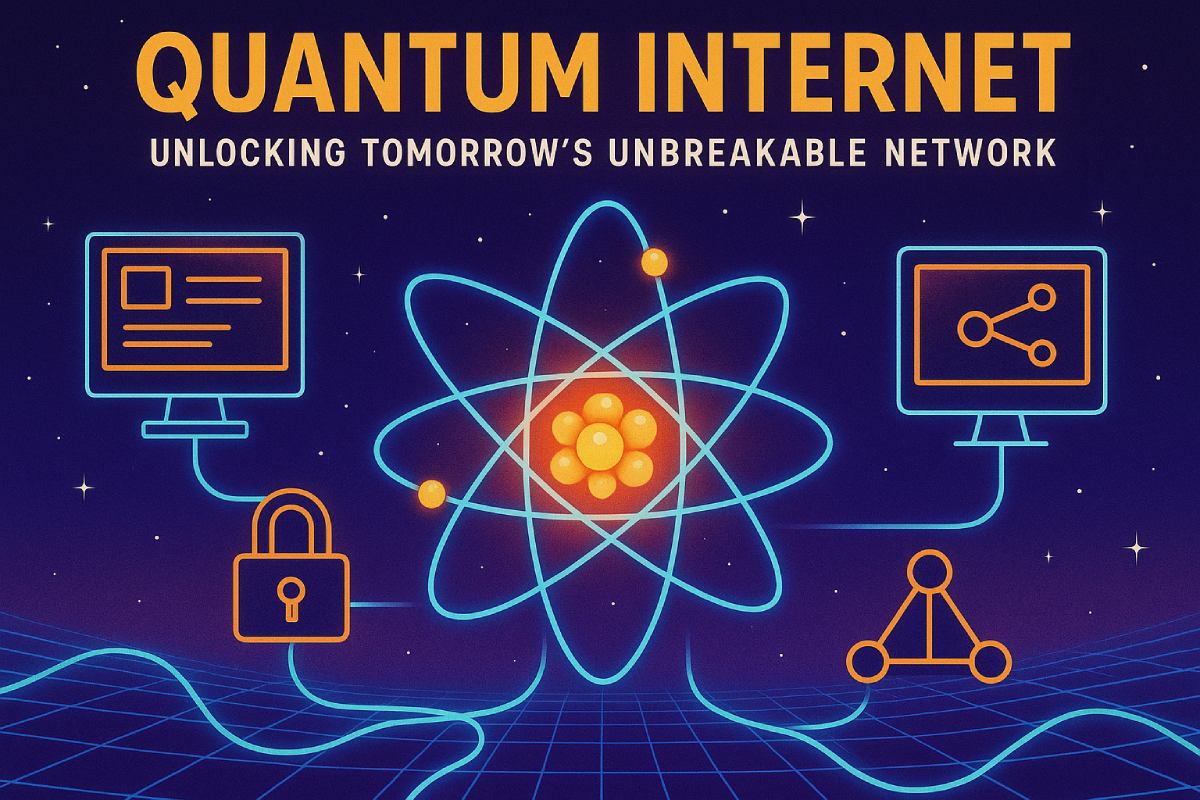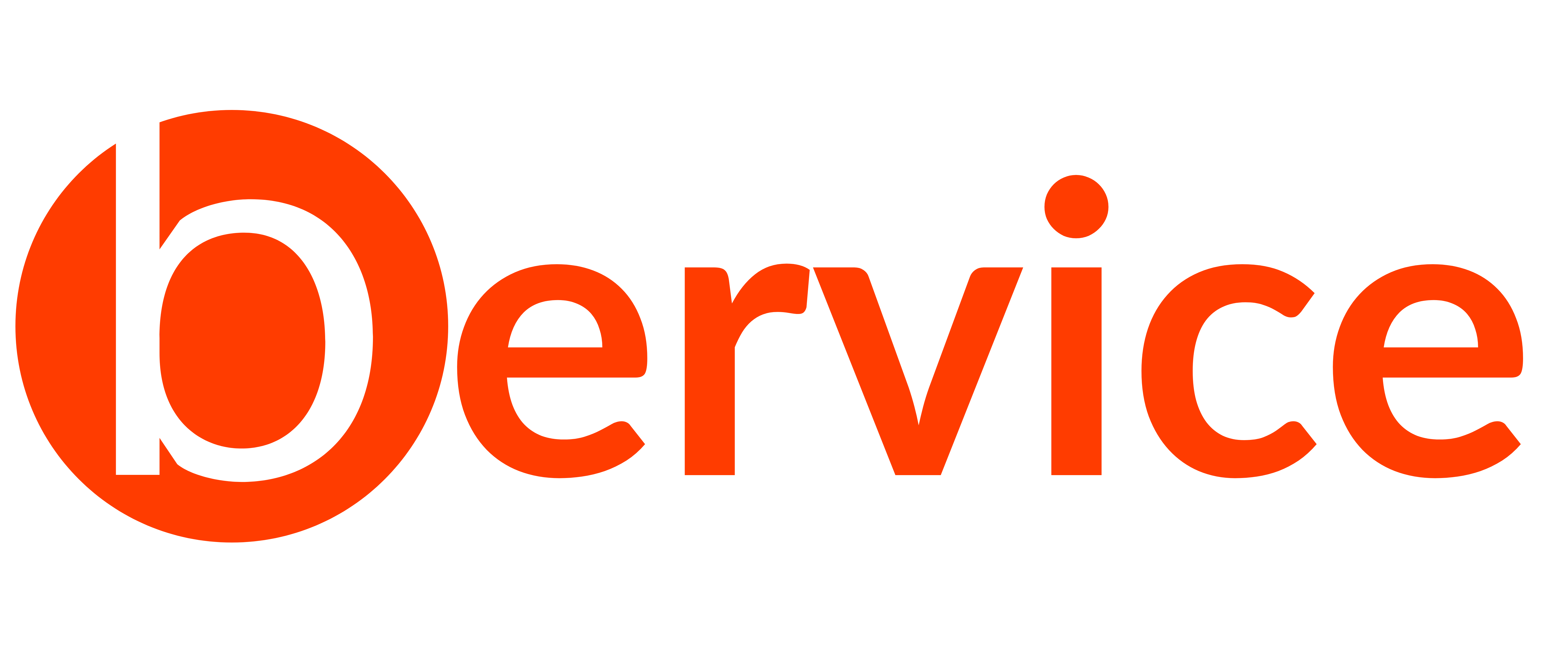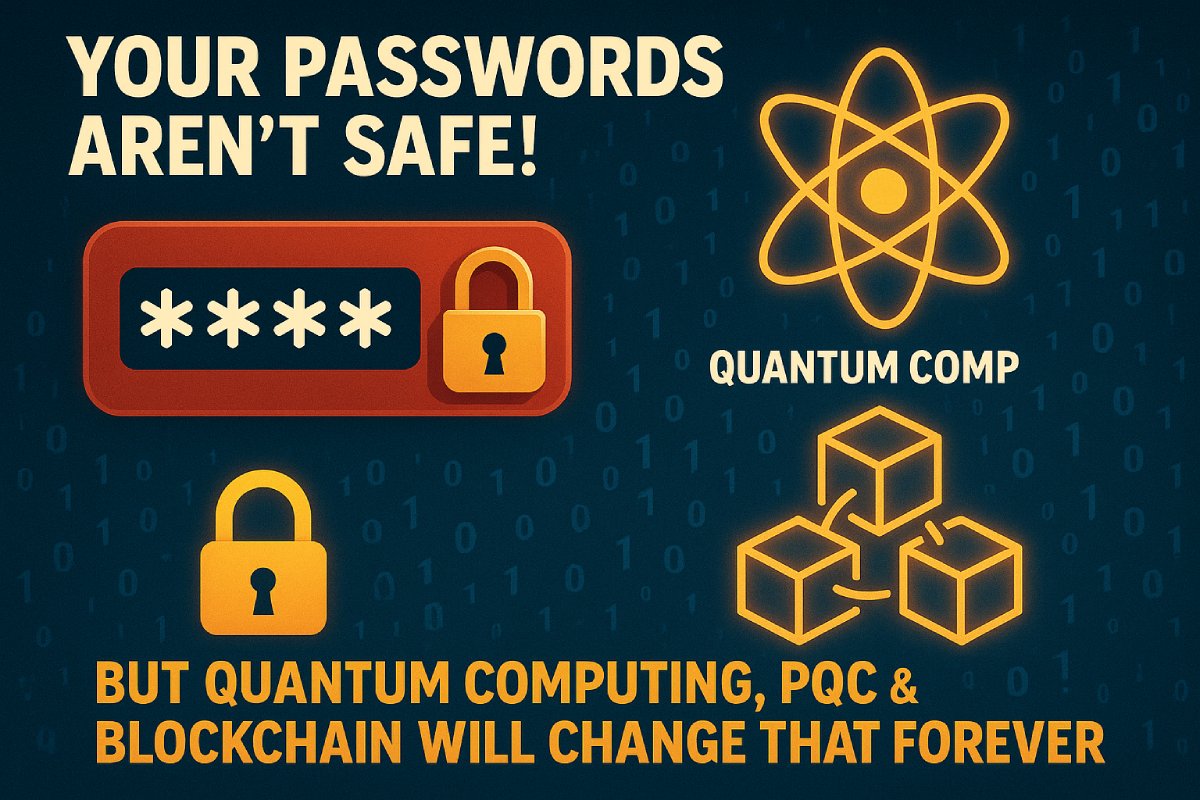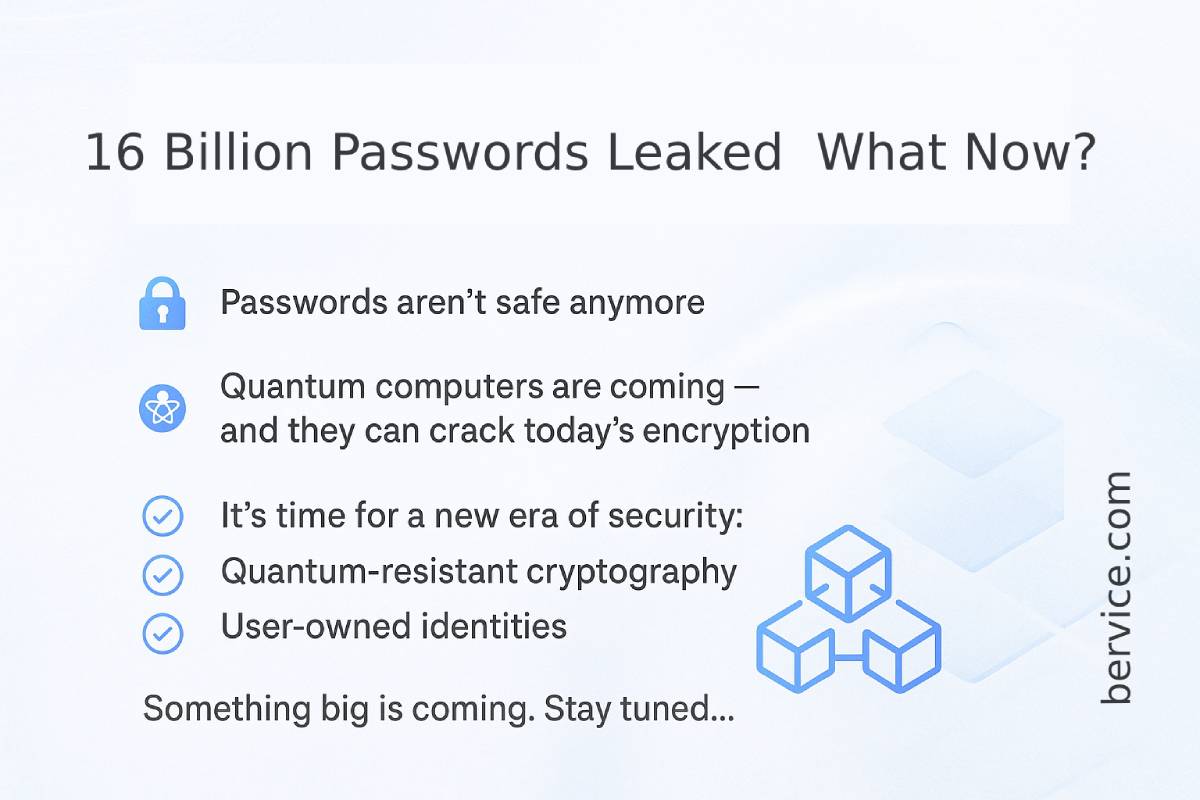
Introduction: A Wake-Up Call for the Digital World
In a recent and alarming cybersecurity breach, over 16 billion user credentials—including passwords from global tech giants like Google, Facebook, and Apple—were compromised. This colossal data leak is a stark reminder that conventional methods of securing digital information are no longer sufficient. Traditional encryption models, reliant on classical computational limits, are increasingly vulnerable. As we stare down the barrel of sophisticated cyber threats, it’s time to shift focus toward next-generation technologies that promise resilience and trust: quantum security tools and blockchain infrastructure.
The Problem with Passwords in the Classical World
Despite countless warnings and updated practices, the web remains flooded with reused, weak, or poorly protected passwords. Centralized databases storing billions of credentials have become prime targets for cybercriminals. Even the most robust firewalls and multi-factor authentication systems are cracking under pressure. Moreover, with the looming advent of quantum computers, current cryptographic algorithms like RSA and ECC are on the verge of becoming obsolete. Quantum decryption capabilities can render today’s encrypted data readable in minutes. That’s why cybersecurity must evolve now, not later.
Quantum-Resistant Cryptography: Future-Proofing Your Data
Quantum-safe encryption, also known as Post-Quantum Cryptography (PQC), is being developed to protect data against quantum attacks. Unlike current algorithms, PQC relies on complex mathematical problems—such as lattice-based or multivariate polynomial equations—that are believed to be secure even against quantum decryption. Agencies like NIST are already standardizing PQC algorithms for global adoption. For businesses and developers, integrating these tools into applications, communications, and identity systems is essential for future-proof digital defense.
Blockchain: Decentralized Trust in an Untrustworthy World
If quantum tools are the shield, blockchain is the architecture that redefines how data is stored and accessed. In a blockchain system, data is distributed, immutable, and cryptographically verified. This eliminates single points of failure and makes mass leaks of sensitive information practically impossible. With the rise of self-sovereign identity (SSI), blockchain also empowers users to own and control their digital credentials—without relying on centralized intermediaries like Facebook or Google. Coupling blockchain with quantum-resistant keys creates a dual-layered armor for the next-generation internet.
The Road Ahead: Quantum-Blockchain Synergy
The convergence of quantum-safe cryptography and blockchain is not just theoretical—it’s already underway. Several startups and research institutions are developing quantum-secure blockchains, combining decentralized trust with quantum-proof encryption. This combination could revolutionize digital identity, banking, voting, and healthcare by ensuring confidentiality, integrity, and availability even in the face of quantum-capable adversaries.
Final Thoughts: It’s Not Just Evolution—It’s Survival
The 16-billion-password breach is more than a cybersecurity incident—it’s a wake-up call to rebuild the internet’s trust infrastructure. The tools we need already exist. Quantum cryptography offers unbreakable security. Blockchain offers incorruptible structure. Together, they form the backbone of a secure, decentralized, and post-quantum digital future. As the world prepares for quantum supremacy, those who act now will lead the way in protecting the next era of digital civilization.
Connect with us : https://linktr.ee/bervice
